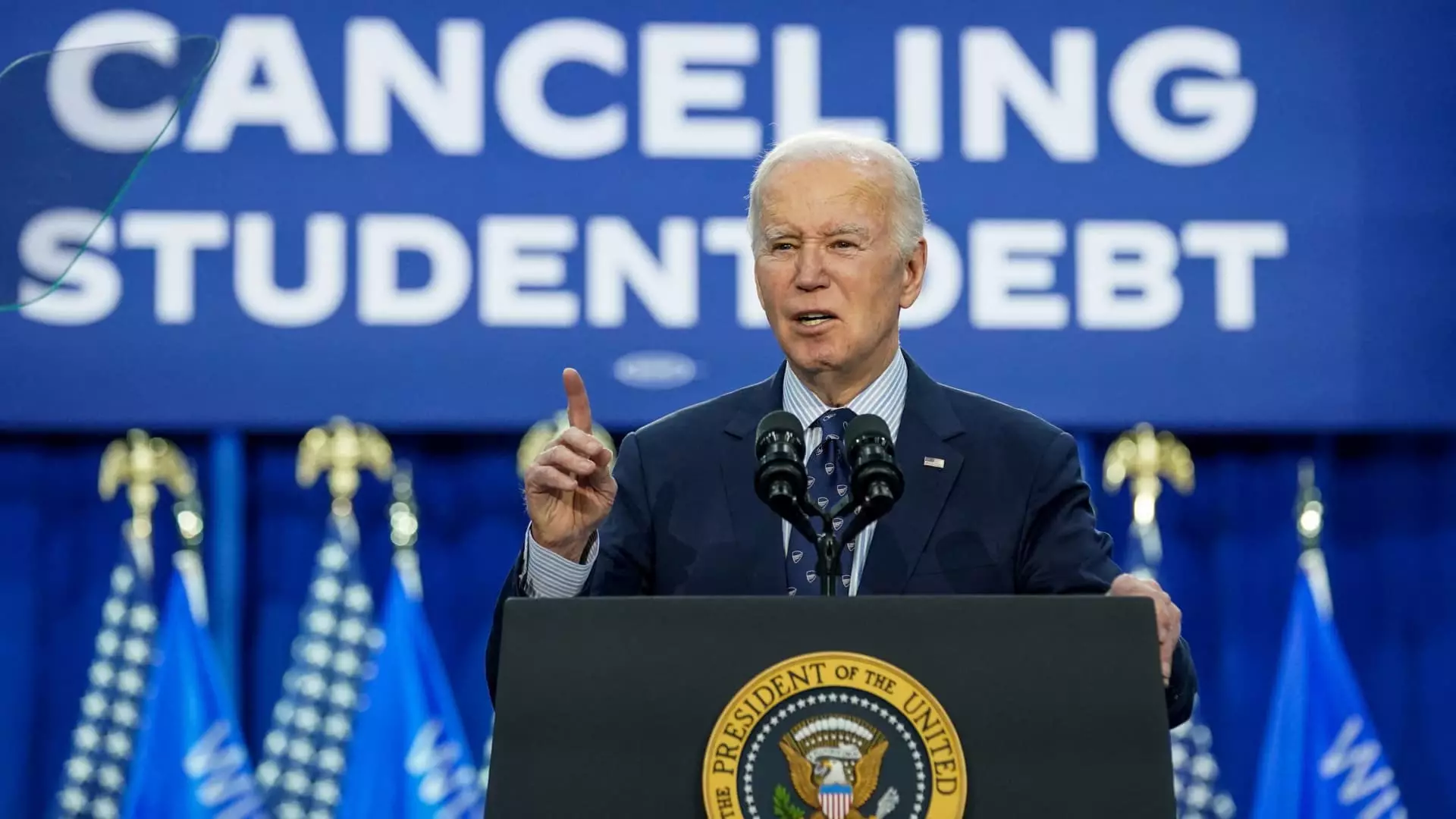Recently, federal student loan borrowers received an email from the Biden administration outlining possible debt forgiveness eligibility. However, before the U.S. Department of Education could implement its debt relief and begin executing its loan forgiveness plan, a challenge from Republican-led states has temporarily halted the process. U.S. District Judge Randal Hall in Augusta, Georgia issued a temporary restraining order against President Biden’s efforts to cancel student debt, responding to a lawsuit brought forth by seven Republican-led states.
The states involved in the lawsuit – Alabama, Arkansas, Florida, Georgia, Missouri, North Dakota, and Ohio – argued that the Department of Education’s debt relief plan overstepped its legal authority, prompting the temporary restraining order. The court order prohibits the Biden administration from moving forward with its plan until a hearing on September 18th. Despite this setback, legal experts suggest that the administration may still proceed with finalizing the rule, but loan forgiveness may be delayed until the courts determine the legality of the plan.
The Biden administration’s first attempt to provide student debt relief was through executive action, which was subsequently ruled unconstitutional by the Supreme Court in June 2023. Following this decision, Biden’s administration opted for the regulatory process to establish a more legally sound debt forgiveness plan. The Department of Education was expected to release the final rule in October, impacting over 25 million Americans. However, allegations surfaced in the lawsuit, claiming that loan servicers had begun erasing debts earlier than the scheduled timeline.
Legal experts doubt the validity of these claims, suggesting that the administration likely instructed loan servicers to prepare for debt forgiveness once the rule is finalized. The future of the wide-scale student loan forgiveness plan remains uncertain due to ongoing legal battles. Additionally, the Biden administration’s affordable repayment plan for student borrowers, known as SAVE, is facing legal challenges from GOP-led opposition, further delaying relief for borrowers.
Amid these legal battles, there is speculation that the GOP’s resistance to student debt forgiveness is motivated by political strategy. With the understanding that debt cancellation is a popular policy, Republicans may aim to hinder the Biden administration from fulfilling its promises to gain favor with voters ahead of the 2024 presidential election. As a result, the prospects of delivering relief to borrowers may be stalled, signaling a complex political landscape surrounding student loan forgiveness initiatives.


Leave a Reply